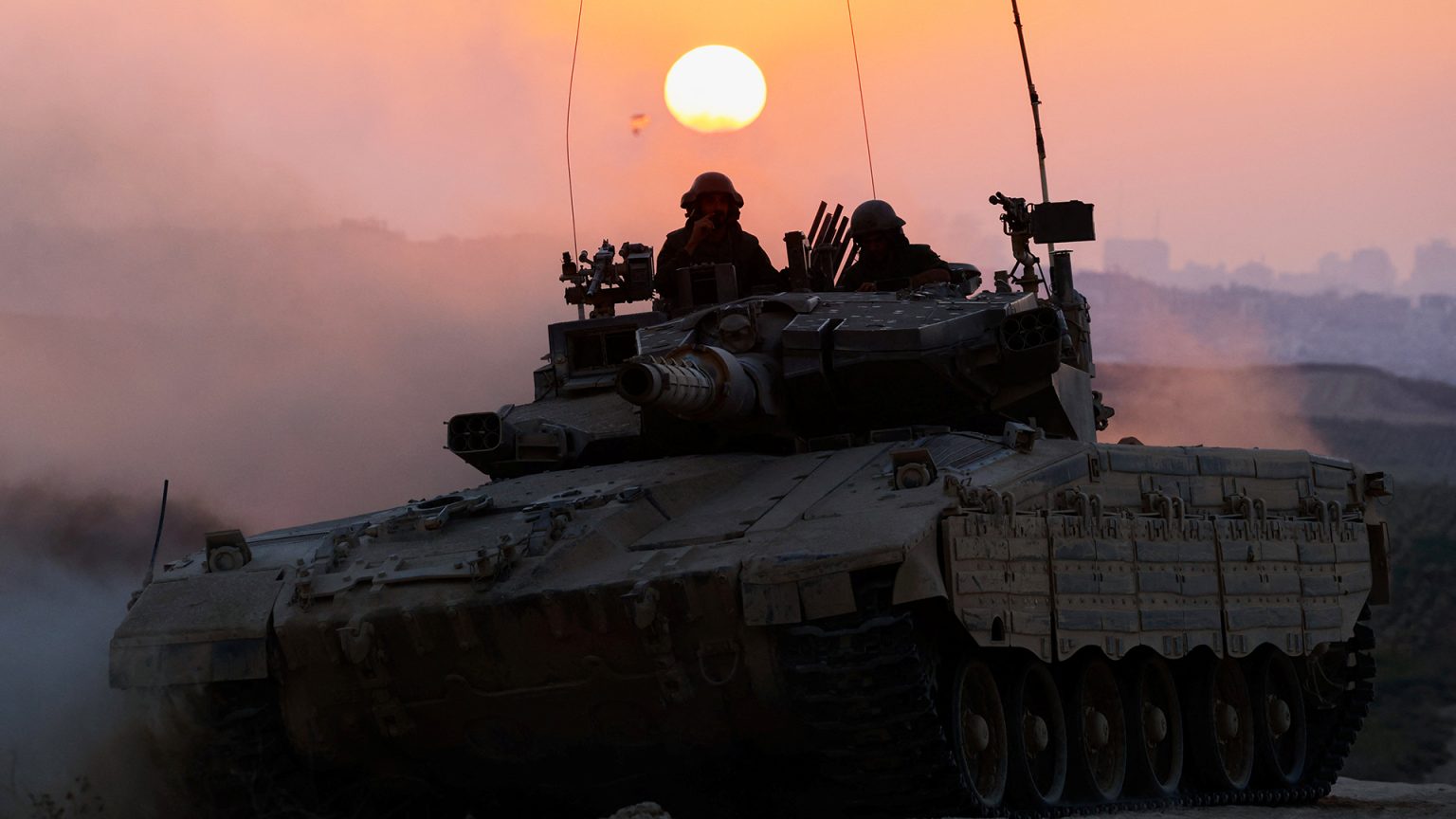Geopolitical tensions in the Middle East have reached a breaking point following Iran’s recent major missile attack on Israel. The region is on the brink of an all-out war as tensions between the two nations continue to escalate. The risk of a wider conflict has increased significantly after Iran launched a ballistic missile attack targeting multiple sites across Israel. This comes almost a year after Israel initiated a war on Gaza, further exacerbating the volatile situation in the region.
The escalating tensions in the Middle East have raised concerns about the potential costs of a widening war. In addition to the loss of life and infrastructure damage, such a conflict could have severe economic and humanitarian consequences for all parties involved. The long-term effects of a prolonged conflict in the region could also have serious ramifications for the global economy, as disruptions to oil supplies and trade routes could impact markets worldwide. The situation is being closely monitored by global leaders as they work to defuse the crisis and prevent further escalation.
In a surprise move, China has announced a significant economic stimulus package aimed at reviving its slowing economy. The huge stimulus package is expected to inject new life into China’s economy, which has been facing challenges due to slowing growth and trade tensions with the United States. The stimulus measures are being closely watched by global markets, as China’s economic health is closely tied to the overall health of the global economy. Investors are hopeful that the stimulus will help boost consumer spending and investment, leading to a more stable economic outlook for the region.
Meanwhile, Zimbabwe is facing yet another currency crisis as hyperinflation and economic turmoil continue to plague the country. The Zimbabwean government has struggled to stabilize its currency and control inflation, leading to shortages of essential goods and services. The country’s economy has been in freefall for years, and the latest currency crisis is further exacerbating the situation. Global financial institutions are closely monitoring the situation in Zimbabwe, as the country’s economic instability could have ripple effects on the region and beyond.
As tensions in the Middle East continue to escalate and global economic uncertainties persist, world leaders are faced with the challenge of managing multiple crises simultaneously. The geopolitical risks in the Middle East pose a significant threat to regional stability and global economic security, while China’s efforts to stimulate its economy and Zimbabwe’s ongoing currency crisis highlight the complex challenges facing the global community. As countries work together to address these issues and find solutions, the stakes are high and the need for cooperation and diplomacy is greater than ever. The world is watching closely as events unfold in the Middle East, China, and Zimbabwe, and the outcomes of these crises will have far-reaching impacts on the global economy and geopolitical landscape.













